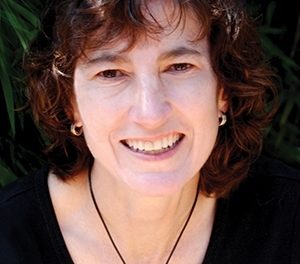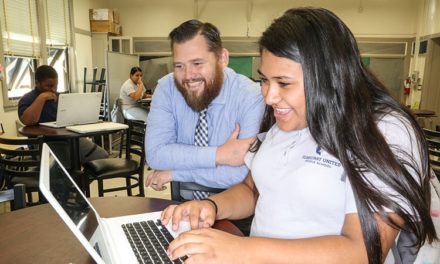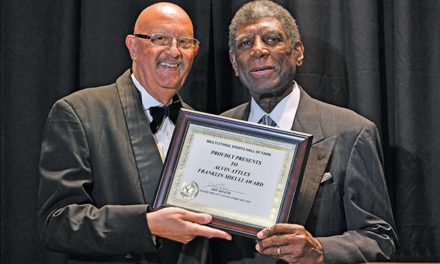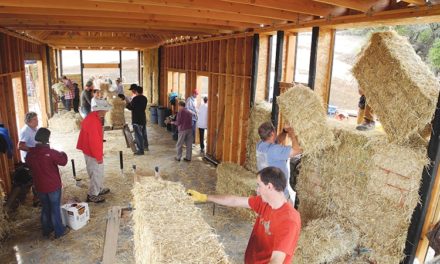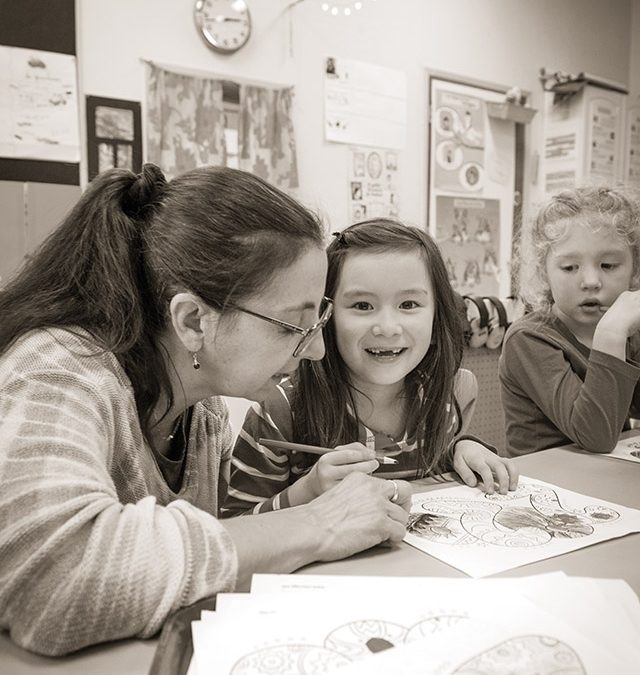The grandmother and eco-hero credited with cleaning up the air in West Oakland isn’t done yet.
Many people have been described as “a force of nature.” But few fit the bill as truly as Ms. Margaret Gordon, co-founder of the West Oakland Environmental Indicators Project, former Port of Oakland commissioner, and committed fighter for environmental justice.
It wasn’t always so.
In what has become a classic anecdote in Bay Area eco-circles, Gordon was working in the late ’90s as a housekeeper in the home of Michael Hertz, founder of San Francisco Baykeeper. Up to that point, she had been an activist in other ways, leading a rent strike in her former apartment building in Oakland’s San Antonio area, but considered environmental activism to be about “kissing birds and whales.”
“And frogs,” she added.
Yet the magazines she came across at Herz’s house, containing articles about the effects of pollution on health, rang a bell. Herself an asthmatic, she saw one of her children, and eventually, three of her grandchildren, develop asthma. She read that children in West Oakland were seven times more likely to be hospitalized with respiratory complaints than the California average. She became aware of the “black stuff” on her windowsills.
Herz, who now lives in Maine, believes Gordon “was in the right place at the right time.” The 1989 Loma Prieta earthquake, which damaged the Bay Bridge, helped focus the eyes of the world on West Oakland and its pollution, as plans commenced for rebuilding. “The concept of ‘environmental justice’ had not yet fully evolved,” he said. “But she was thrust into a leadership role.”
At the time, Gordon was a single mother of three sons. She was not a trained community organizer. But she began pulling West Oakland residents together, and, with help from the Pacific Institute, learned about finding data, research, and about the concept of “environmental indicators.” The West Oakland Environmental Indicators Project, or WOEIP, was born in 2002 with Gordon as cofounder, and started to take on the Port of Oakland and the city about air pollution in the neighborhood.
Diesel trucks heading to and from the port were a huge factor. WOEIP was pivotal in helping craft and support an ordinance that ultimately regulated their routes, while providing drivers with an information center and small truck stops, minimizing polluting idling.
By 2006, the EPA had officially recognized WOEIP for its work to improve local air quality. In 2007, Gordon was inducted into the Alameda County Women’s Hall of Fame for her leadership on behalf of West Oakland’s residents. And, in recognition of her work, former Oakland Mayor Ron Dellums appointed Gordon as a commissioner to the Port of Oakland in 2008, where she served until 2012. Under Pres. Barack Obama, the official White House website featured her as a “Champion of Change.”
It wasn’t easy then, and it still isn’t. The reaction from many was, “Who is this lady and why is she in my business?,” Gordon said. Now, as a senior African-American woman, she still “keeps having to rise to the occasion.” But people have gone from “How dare you?” to “I wish I had five of you,” she laughed.
It sometimes seems there are five of Gordon. Under her leadership, WOEIP has been participating in air quality monitoring, forming a partnership with Intel, who provided air monitors for the group’s use. In 2015, WOEIP began partnering with the Environmental Defense Fund, allowing Google car air mapping in the streets of West Oakland, and a relationship with UC Berkeley placed 100 air sensors for 100 days. All this monitoring work meant that West Oakland, identified as one of the communities most needing remediation under California Assembly Bill 617, designed to address the disproportionate impact of air pollution on low-income neighborhoods, was able to transition immediately into creating a plan for mitigation.
“We have got the facts and the evidence,” Gordon said.
Janet Johnson, Richmond resident and organizer with the Sunflower Alliance and No Coal in Richmond has known Gordon for five years. “Ms. Margaret is as ferociously persistent as anyone I’ve ever met, so you see her doing everything humanly possible to make it work. Her fearlessness and sense of urgency are extraordinary.”
“When you think about the transformation Margaret has gone through,” said Herz, “it’s remarkable.”
It might well be argued that this mother of three adult children, 16 grandchildren (three of whom are now in college), and soon-to-be great-grandmother has done her part. And, she said, she has cut back, working primarily at home, doing more delegating, spending “more like 38 hours a week instead of 60” on her projects.
But there is so much more to be done, she said: educating the next generation in West Oakland about environmental justice, helping other communities organize.
“She called me one afternoon to discuss the AB 617 program,” said Johnson. “When I started to whine about my frustrations, she let me know in blistering terms what I should tell the folks who were not down with the program. I thought my phone would melt. It was my introduction to Ms. Margaret’s School of Powerful Advocacy.”
Gordon dreams of Oakland’s port becoming “the most progressive and environmental sound in the world,” resembling the Netherlands’ Port of Rotterdam, which she described as “pristine.” She’d like to see the birds return to her neighborhood and trees replanted, as the air clears and children can breathe without harm.
If anyone can help achieve those dreams, it’s likely Gordon, whose great-aunts moved in the 1940s from El Dorado, Arkansas, to Richmond, where one became a Rosie the Riveter at Bethlehem Steel. “We can do it” — and she has.


